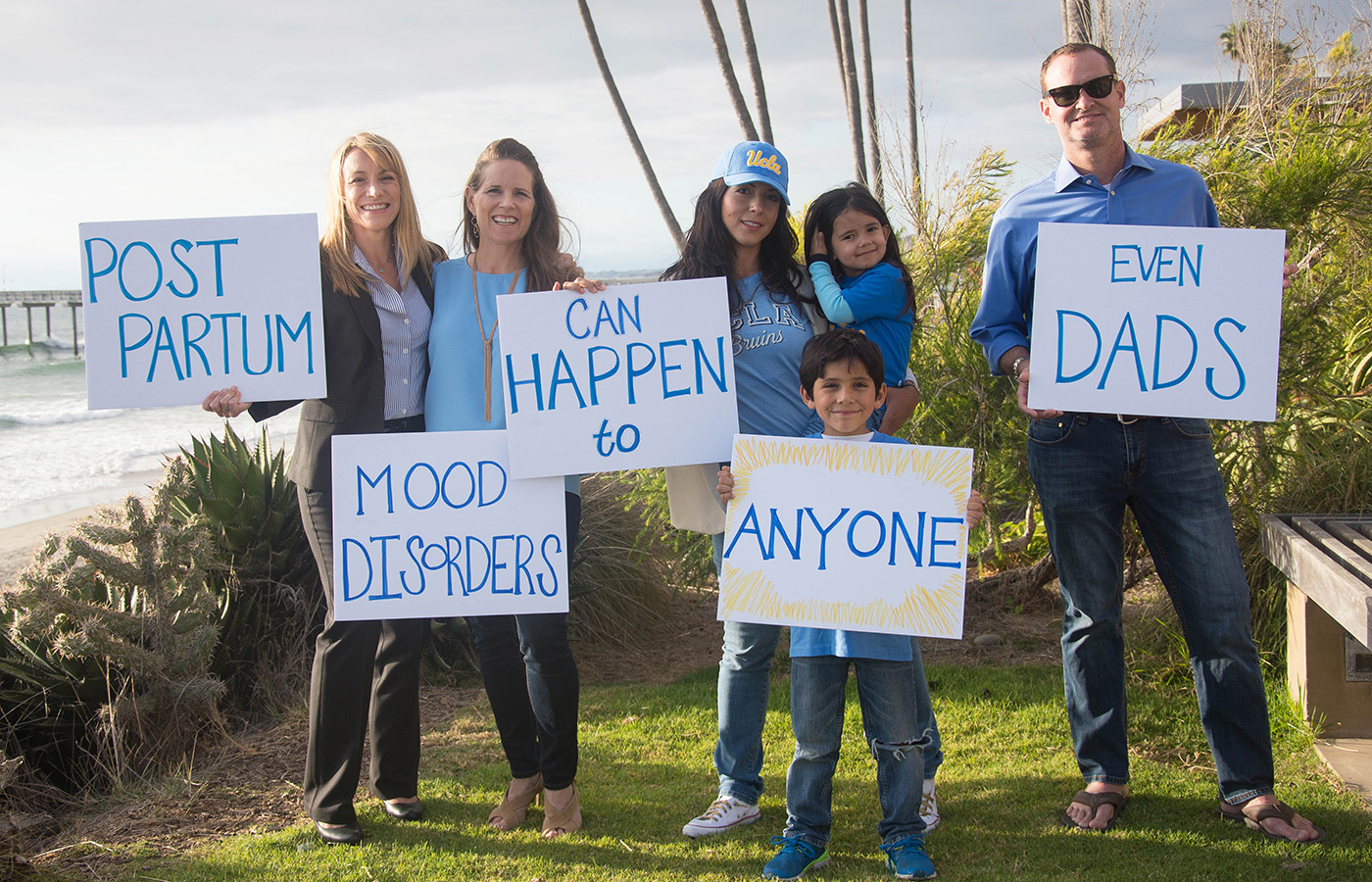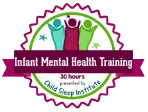One of the main reasons I became a sleep coach is that I know all too well how lack of sleep impacts mothers with perinatal mood and anxiety disorders (PMADs). When I see families struggling with this important mental health concern, my heart goes out to them, because I have been in their shoes. I know firsthand that they did not ask for the waves of depression and anxiety that have washed over them after their sweet babies were born. PMADs is not a choice—it is a real issue that will affect 1 in 5 women, regardless of their education, financial status or loving family environment. I am a PMADs survivor, and I hope to help others by sharing my story.
If you ask those who know me best if I was struggling, most of them wouldn’t have been aware of how much I suffered after both my miscarriages, while I was pregnant with my son, after my son was born, and after my daughter was born. When I told my doctor that I was struggling after my son’s birth, her response was “it is baby blues and it will pass.” I know her intentions were good; however, she was uninformed and her advice only increased my shame and feelings of isolation.
I loved my babies and I felt connected to them. But there were times when I couldn’t stop crying and other times when I couldn’t stop obsessing on everything baby related: the number of wet diapers, ounces of milk pumped and eaten, and hours slept. My husband and I would joke that I was the “sergeant” and it was all an attempt to make my world “OK.” I had a hard time with the thoughts that would pop into my head about my worth and value. I felt I wasn’t enough and that I was just holding on by the sheer love for my babies and not wanting them to be without a mom.
Shame always leads to isolation. When we acknowledge that we don’t have to be ashamed, when we share our stories, we are standing in the gap with those who come after us and are struggling with PMADs. Our stories can be the guide to show women where we have walked, that their path can also be filled with great hope, and it is a road that will not go on forever. PMADs is treatable and women do not have to be on this journey alone.
Feel like you might be suffering from a
perinatal mood and anxiety disorder – PMADs?
Wondering where to get support?
Postpartum Support International
Call the PSI HelpLine:
#1 En Español or #2 English
Text “Help” to 800-944-4773
Text en Español: 971-203-7773
https://www.postpartum.net/get-help/
Postpartum Health Alliance – San Diego
Climb-Out of The Darkness – Annual Event
The world’s largest event is raising funds and awareness for the mental health of new families.
We gather as a community to walk and socialize. We meet fellow survivors, supporters & providers.
2023 San Diego Climb Information
Are you looking for more support on how to improve your baby’s sleep when your little one is sick? Twice a month Sleep Talking Tuesdays: FREE Q & A Sleep Support. On the Sugar Night Night calendar, you can find information when this Q & A will be offered next or you can request a 30-Minute phone consultation with Jen Varela.





Comments are closed.